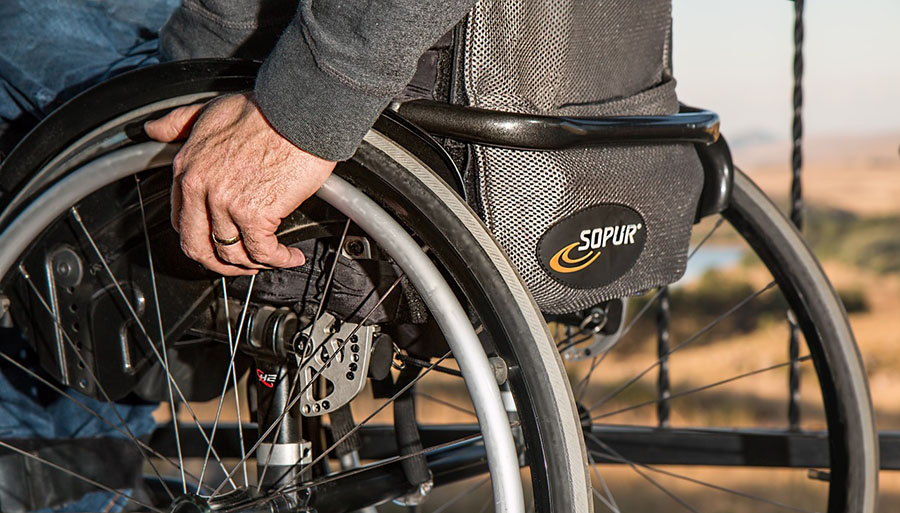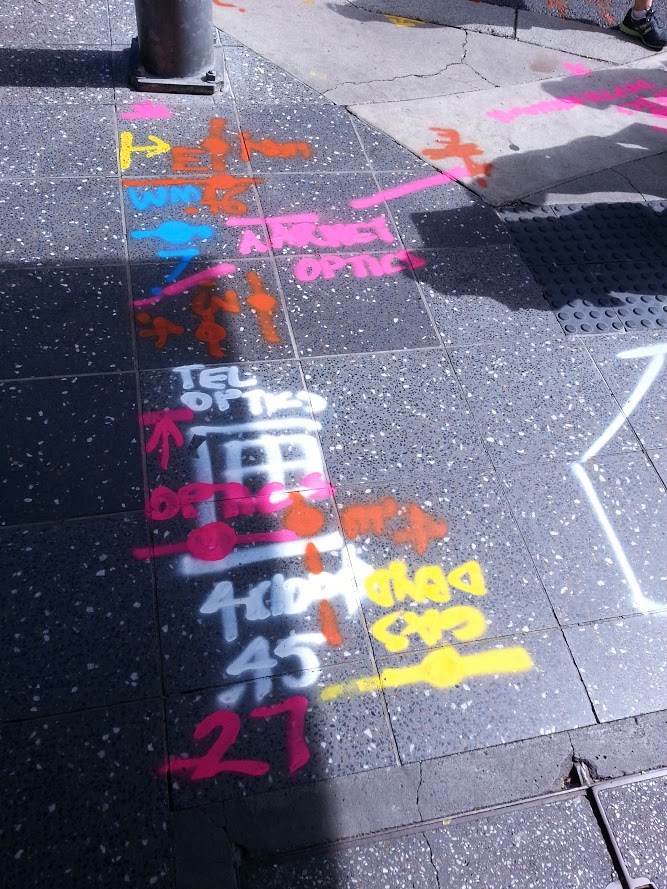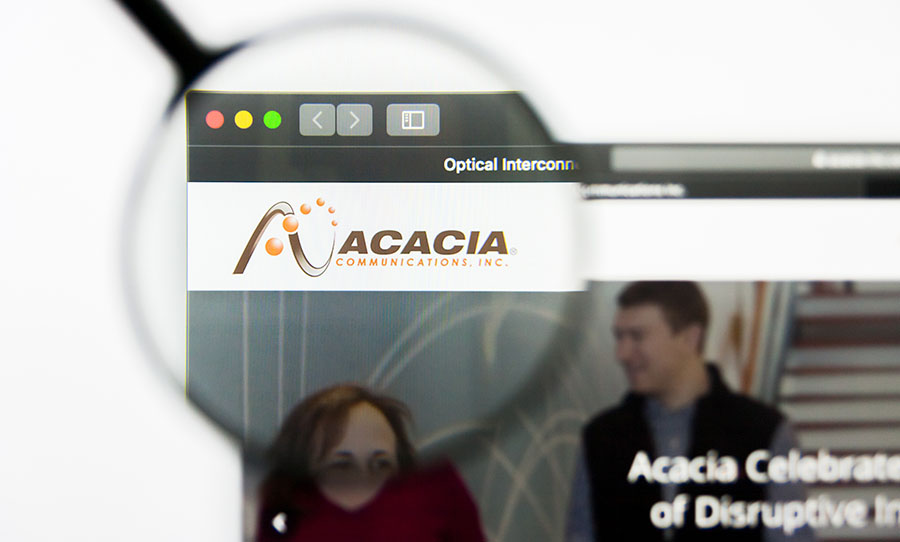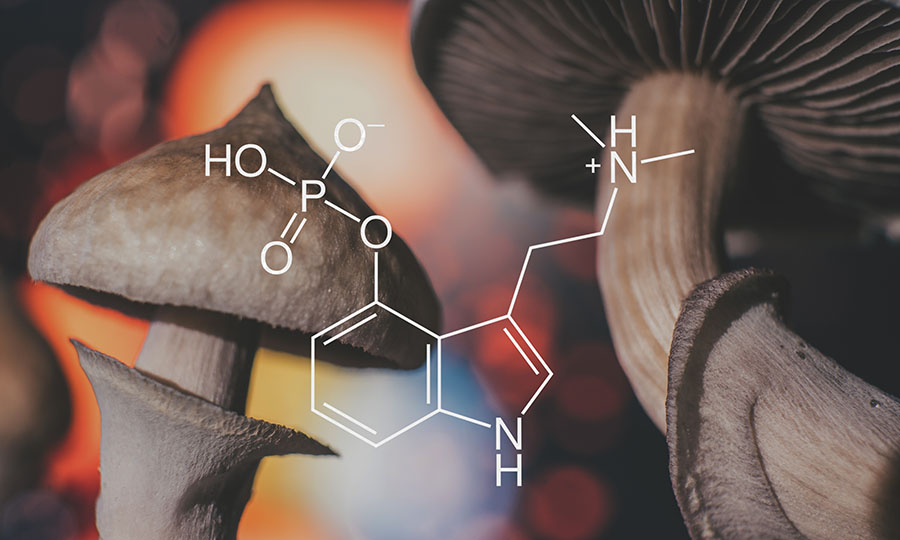Gladstone Investment Corp. (GAIN, Nasdaq, 9.92) fell sharply after reporting a decline in Net Investment Income (the number on which dividends are based) to a level below the distribution. But it wasn't as bad as the headline number suggested, and the stock, after falling from $10.61 to as low as $9.58, has since recaptured part of its loss.
The NII decline was amplified by timing on various items. It exited one investment just before the quarter, so did not receive income on that loan during the quarter. And it sold another relatively large investment just after quarter end, meaning the significant realized gain was not recorded in the quarter either. Two other factors are technical accounting issues. One investment was placed on non-accrual, which increased the expense line since previously accrued interest had to be reversed as a bad debt. Lastly, an incentive fee is paid to the advisor if the realized gains exceed both realized and unrealized losses. But under GAAP, the fee must be accrued as if all investments were liquidated (i.e., the accrual includes unrealized appreciation, on which Gladstone does not pay a fee).
Dividend hike, NAV increase and insider buying suggest confidence
Gladstone management stated that the underlying portfolio is very strong. The NAV increased, from $11.57 to $12.30 per share, and, signaling confidence, the regular distribution rate was increased from 80 cents to 82 cents. In addition, Gladstone pays semi-annual supplemental distributions largely on realized gains. Recently, each supplemental has been the equivalent of an additional monthly dividend. The company emphasized that the adjusted NII exceeds all distributions "by a significant margin." This confidence was also emphasized with strong inside buying after the quarter results were announced.
Recently, the company has issued a new series of preferred stock, which allowed it (with some borrowing on its credit line) to redeem two earlier preferred series, resulting in overall lower rates on its debt. Its loans are now 97% variable rate, meaning it is insulated against rising interest rates.
With a yield on the monthly dividend of over 8% (about 9.3% including the supplementals), and trading at an almost 20% discount to NAV, Gladstone is good value for income and growth. Under $10, it is a good buy, but in this current volatile market, we may see it 10 or 20 cents cheaper at some point.
Strong portfolio at a 20% discount
Loews Corp. (L, NY, 46.15) reported a strong quarter, with net income up for the quarter and year-to-date (from $157 million to $278 million for the quarter, not far shy of doubling). Particularly strong was the contribution from its largest portfolio company, CNA Insurance, which saw earnings more than double, as it cuts insurance losses. The erstwhile troublesome long-term care division is in run-off mode, with no new policies issued since 2003. Over time it can reduce the reserves set aside for that business.
Boardwalk Pipelines and Loews Hotels also saw strong gains, though the former was only because Loews acquired all public shares of Boardwalk during the year to own 100% of the company. Loews continues to upgrade its older hotels and add new hotels in strategic locations. Offsetting that, Diamond Offshore (the oil drilling company) saw income decline 21%, turning a modest profit last year into a loss in the quarter, as both activity and daily rates fell. The parent company's investment portfolio also reported losses in the quarter.
Strong buybacks continue
The parent company has $3.2 billion in cash and investments, down from almost $5 billion after buying the Boardwalk shares it did not already own and buying back its own shares. Year to date, it has bought 5.5% of outstanding shares for over $900 million, continuing a history of strong buybacks. Since the beginning of 2014, it has repurchased 74 million shares, as a cost of $3.2 billion. CEO James Tisch said buying Loews' stock was "a great use of cash; we recognize the gift that the markets are giving us."
How much of a gift? Trading at 14 times earnings and yielding only half a percent, the real value is on an asset basis. With a rock-solid balance sheet, the stock is trading at a better-than 20% discount to sum-of-the-parts, most of which is very transparent in cash and publicly listed shares. The strong buyback program lends some support to the stock. It's a buy here, and a strong buy if it fell under $46.
One of the best, and among the cheapest
Ares Capital Corp. (ARCC, Nasdaq, 16.51) continues to offer among the best returns and liquidity in the Business Development Company (BDC) sector, along with below-average valuations.
Valuations declined after the company acquired American Capital (ACAS), another large BDC, at the beginning of last year, causing NII per share to drop below the dividend; many of ACAS's assets were non-yielding equity. Now, following successful sales of these assets, and re-investment of proceeds into higher-yielding loans, NII has caught up with the dividend. In the latest quarter, base net operating income was 45 cents per share and the dividend just 39 cents; the dividend was increased following the quarter.
Net debt-to-equity is just 0.51x, a decline as cash builds up on a slower investment rate as loans matures or are bought back. Following recent regulatory changes, it can now go up to twice as much debt as equity, giving it high leverage capacity. Despite the cash build up, the NAV increased in the latest quarter as well.
A fully covered yield of 9.4%, with a two-quarter reserve of dividend income, and trading right around book, Ares is a good buy, particularly for long-term investors who do not own it already. Given the stock's volatility—a low of $16.05 less than two-months ago and a high of $17.58—we could see better opportunities ahead.
Trade uncertainty prompts high yield
Hutchison Port Holdings Trust (HPHT, Singapore, US$0.275) is suffering from the uncertainty over the trade dispute between the U.S. and China. The ports have not yet seen any significant impact on volumes; indeed, some orders have been brought forward to avoid the impact of looming tariffs. The company also faces rate reductions, which saw profits drop 9% year on year.
The current distribution represents a yield of 9.1%, but even bearish analysts are looking for a cut in the distribution—not accounting for trade war disruptions—which would still represent a yield on today's price of around 8%. The uncertainty keeps us on the sidelines buying cautiously only on extreme dips.
Shift into nutrition takes time
Nestle SA (NESN, Switzerland, 83.14) continues to invest in its nutrition and health sciences divisions, which it sees as meaningful parts of its future. This week, it inaugurated a new Product Technology Center in New Jersey, after an investment of $70 million. At the other end of the scale, it is joining with small companies with healthful products, such as its recent acquisition of Latin American snack maker Terrafertil. Nestle aims to use the Andean goldenberry, high in anti-oxidants, as an ingredient in everything from baby food to chocolate and cereal bars.
These various endeavors can be incremental and can take time to come to fruition. Meanwhile, the company is interested in buying small- and medium-sized companies that pose low integration risk. This follows a $7 billion investment for the right to sell Starbucks coffee in supermarkets.
Nestle is a slow but steady grower, with a strong balance sheet. Valuation is rather rich, however. At today's level, it is trading somewhat above other European food companies. The dividend yield of 2.8% is its lowest since the "Great Recession" of 2008, though another increase is expected when it makes its next annual dividend in April. Since 1990, it has increased its dividend every year except two (when it stayed the same). We would hold.
Adrian Day, London-born and a graduate of the London School of Economics, heads the money management firm Adrian Day Asset Management, where he manages discretionary accounts in both global and resource areas. Day is also sub-adviser to the EuroPacific Gold Fund (EPGFX). His latest book is "Investing in Resources: How to Profit from the Outsized Potential and Avoid the Risks."
[NLINSERT]Disclosure:
1) Adrian Day: I, or members of my immediate household or family, own shares of the following companies mentioned in this article: Gladstone Investment and Ares Capital. I personally am, or members of my immediate household or family are, paid by the following companies mentioned in this article: None. My company has a financial relationship with the following companies mentioned in this article: None. Funds controlled by Adrian Day Asset Management hold shares of the following companies mentioned in this article: Nestle, Hutchison Port Holdings, Gladstone Investment, Ares Capital and Loews. I determined which companies would be included in this article based on my research and understanding of the sector.
2) The following companies mentioned in this article are billboard sponsors of Streetwise Reports: None. Click here for important disclosures about sponsor fees. The information provided above is for informational purposes only and is not a recommendation to buy or sell any security.
3) Statements and opinions expressed are the opinions of the author and not of Streetwise Reports or its officers. The author is wholly responsible for the validity of the statements. The author was not paid by Streetwise Reports for this article. Streetwise Reports was not paid by the author to publish or syndicate this article. Streetwise Reports requires contributing authors to disclose any shareholdings in, or economic relationships with, companies that they write about. Streetwise Reports relies upon the authors to accurately provide this information and Streetwise Reports has no means of verifying its accuracy.
4) This article does not constitute investment advice. Each reader is encouraged to consult with his or her individual financial professional and any action a reader takes as a result of information presented here is his or her own responsibility. By opening this page, each reader accepts and agrees to Streetwise Reports' terms of use and full legal disclaimer. This article is not a solicitation for investment. Streetwise Reports does not render general or specific investment advice and the information on Streetwise Reports should not be considered a recommendation to buy or sell any security. Streetwise Reports does not endorse or recommend the business, products, services or securities of any company mentioned on Streetwise Reports.
5) From time to time, Streetwise Reports and its directors, officers, employees or members of their families, as well as persons interviewed for articles and interviews on the site, may have a long or short position in securities mentioned. Directors, officers, employees or members of their immediate families are prohibited from making purchases and/or sales of those securities in the open market or otherwise from the time of the interview or the decision to write an article until three business days after the publication of the interview or article. The foregoing prohibition does not apply to articles that in substance only restate previously published company releases.




























































